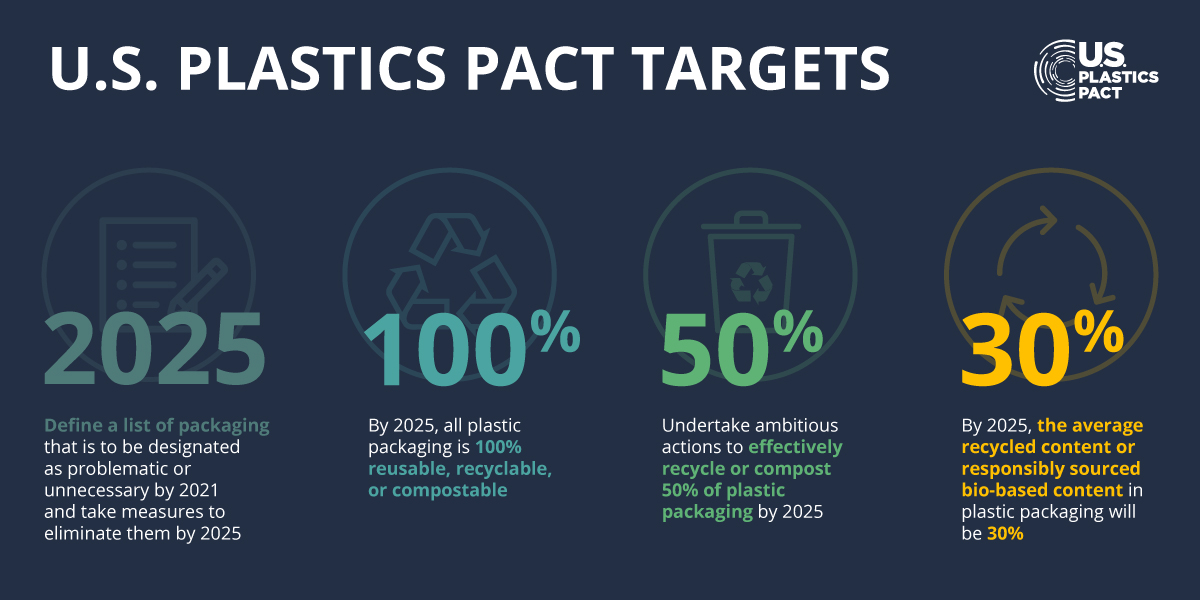Featured speaker: Katherine Huded
In recent years there has been a growing movement away from disposable packaging waste, toward re-use and recycling, known as the circular economy. Yet this requires change at all levels, from manufacturers and governments down to consumer behaviour. Recycling cannot simply work as a theoretical possibility, but in practice and at scale. This means everything from manufacturers using materials that can actually be recycled, widespread collection and sorting, consumers that know what to do with products, and the technical ability to actually recycle what it receives.
This salon will explore the biggest challenges in moving toward a truly circular economy, and how organizations are responding to them. We’ll go beyond the view of the individual to explore the systems-level changes that are required for us to have a circular approach to materials. What are companies doing to design for circularity, from changing packaging to changing the disposability mindset? What government incentives and policy interventions are making a difference? And what will these changes look like in our communities?
Katherine is Director of Circular Ventures at The Recycling Partnership, where her work includes stakeholder engagement to support the transition to a more circular economy, as well as development and execution of engagement strategies for sustainable innovations in consumer packaged goods (CPG), supply chain and logistics, or waste management and recycling. She holds an MBA from Georgia Tech Scheller College of Business where she was a Sustainability Fellow with the Ray C. Anderson Center for Sustainable Business.
Related readings and resources


This salon took place May 21, 2021.



